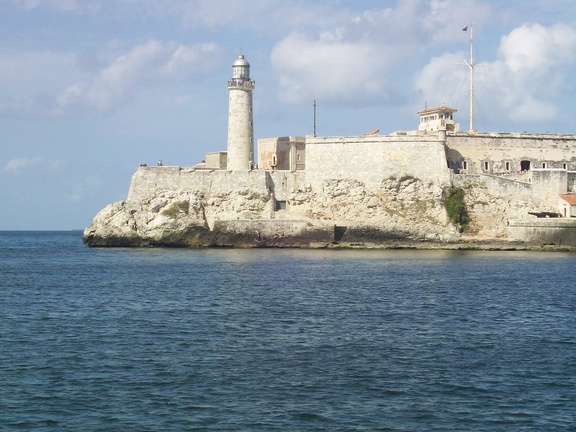U.S. House votes to ease limits on Cuba trade, travel
- Submitted by: admin
- United States
- Politics and Government
- 04 / 27 / 2010

WASHINGTON - U.S. restrictions on trade with Cuba and family travel to the island would be eased under legislation passed by the House of Representatives on Wednesday but the changes could encounter trouble in the Senate.
Supporters hope congressional action will be the first step toward reviewing and possibly reversing the decades-old U.S. policy of shunning Cuba. Tucked into a larger spending bill, most of the changes would expire on Sept. 30 unless there is a move to extend them by Congress or President Barack Obama.
Obama has made clear he favors relaxing limits on family travel and cash remittances by Cuban Americans to Cuba, although he has said the U.S. trade embargo against that country should stay in place.
The legislation approved by the House does not lift the overall embargo. But it would prohibit the Treasury Department from enforcing Bush administration rules requiring payment of cash in advance for agricultural sales to Cuba.
Analysts believe that U.S. rice sales to Cuba will soar if the provision becomes law. Rice sales declined every year after the cash-in-advance rules were imposed in 2005, because Cuba could turn to Vietnam — a country with which it has close ties — for rice on easier terms.
The House-passed legislation also would provide for general travel licenses for travel to and from Cuba for marketing and selling agricultural products. And it would allow Americans with relatives in Cuba to travel there more frequently and for longer periods of time.
But the measure must pass the Senate before becoming law, and Florida Republican Senator Mel Martinez, a Cuban-American, opposes the changes, an aide said.
Martinez could try to use Senate procedural hurdles to stop the bill.
Secretary of State Hillary Clinton said last month the Obama administration wants to ease travel restrictions on families wishing to visit relatives in Cuba, and she pledged a review of Cuba policy.
New York Democratic Representative Jose Serrano denied lawmakers were trying to pressure or get ahead of the Obama administration on Cuba policy. A veto threat from then-President George W. Bush kept the bill from being voted on until now.
"I think if this passes and gets signed into law, it will send the message, or at least alleviate any concerns the White House may have that Congress is not on board" with easing U.S. policy toward Cuba, Serrano said.
Last year, nearly one-fourth of Congress wrote to the Bush administration urging a review of Cuba policy after Fidel Castro, who took office in a 1959 revolution, retired due to poor health. His brother Raul took over as president.
Washington broke off diplomatic relations with Havana in 1961, two years after Fidel Castro took office, and imposed the trade embargo in 1962.
By Susan Cornwell, Reuters
Source: www.timescolonist.com
Comments